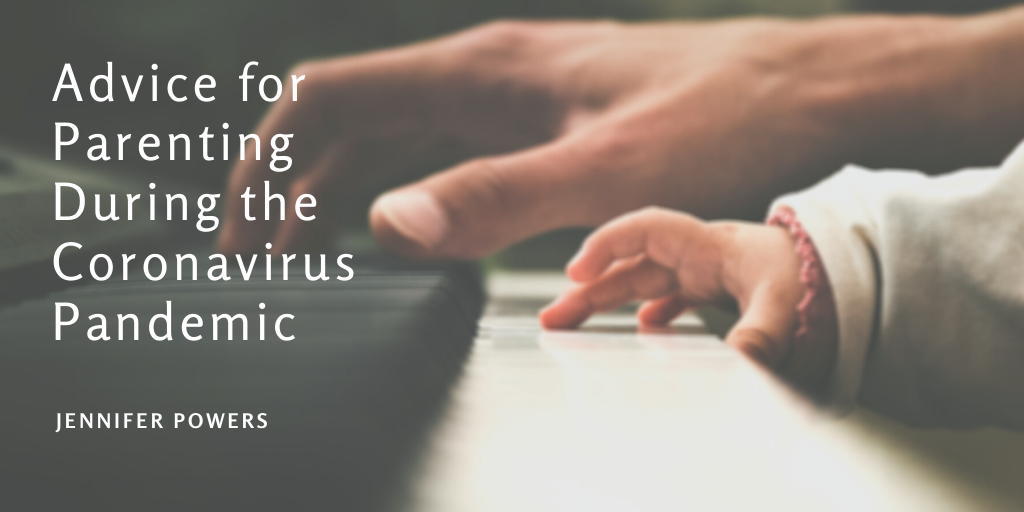The COVID-19 pandemic has restructured family life across the globe. Children are participating in online education and many parents are working from home. Being uprooted from the familiar routines of everyday life can be disconcerting. Both adults and children have had to adapt. However, parenting during the coronavirus pandemic can go smoother by following the following practical tips.
Talk About What Is Happening
Children can be frightened by what they don’t understand. Explain to them what the virus is, and what measures the nation is taking to deal with it. Be open and listen to their questions. Be honest in your answers, but don’t overwhelm them with a lot of technical jargon. Keep it simple.
Stay In A Routine
A flexible and consistent daily routine will go a long way toward making your children feel stable and secure. Don’t fall into the trap of overachievement. Overplanning the day is as bad as having no direction. Balance the schedule for work and play. Encourage your children to be part of the planning process. They can help work out a schedule for schoolwork and chores. Allow them to pick a fun activity to do such as a board game, crafts, or enjoying a movie night as a family. Part of the daily routine should be exercised. Get outside for fresh air and sunshine as much as possible. Working in exercise each day will help manage stress and your child’s excess energy.
Keep Positive
Being in close quarters with the family isn’t always an idyllic experience. Children don’t have the same habits as adults. So instead of saying “don’t make a mess!” say “please clean up your toys before supper.” The delivery of the statement makes all the difference. A harsh, negative approach can put your child in defensive mode. Making the request sound positive creates an attitude of cooperation. Make sure your expectations match your child’s ability. If you expect him to do a job that he has never learned to do, it can erupt in frustration. Another strategy for keeping positive is to express gratitude for the things you do have, such as family, games, the technology to continue school, and food.
